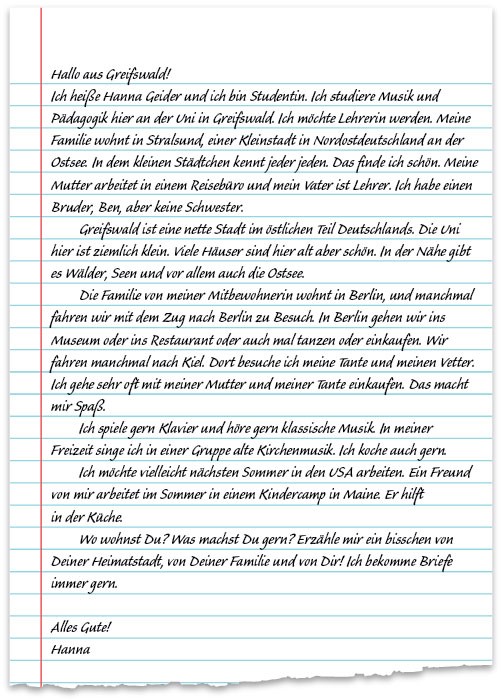Does the knowledge that “Everyday Use” was written by a black writer inany way influence your reactions to it? Explain
What will be an ideal response?
- “Everyday Use” is an accessible story that explores powerful issues. Although the setting is specifically African American, the themes of family identity, intergenerational conflict, cultural heritage, and selfesteem are universal. The basic narrative situation—the educated daughter returning on a family visit to criticize her mother and stay-at-home sister—is also particularly relevant to many college students, and most students find it interesting to see this situation from the mother’s perspective. Do any of your students side with Dee, who has succeeded at leaving poverty and rural life behind? If the students in your class are willing to be drawn out on this subject, the discussion might be lively and valuable.
William Scurrah of Pima Community College in Tucson, Arizona, developed with his students a provocative revisionist reading of “Everyday Use.” If one views Mama as an unreliable narrator, it changes the reader’s view of Dee:
First person narrators are not necessarily to be believed (not so much on the facts they describe, but on the perspective they bring to those facts) just because it’s their words printed on the page. To whom, for example, is Mama speaking? One student pointed out that the audience couldn’t be, say, her neighbors, for they would not need to be told what Mama could do (e.g., kill hogs and butcher bull-calves)—only people for whom such activities were unfamiliar would need to have them described. And is Mama bragging? Why do people brag? Is she talking to herself? Is she imagining herself on television, on that program she envisioned at the beginning of the story, explaining to that video world her way of life? If so, what is the irony in that?
By the end of the period, some students were energized (“I always thought this story was so dumb, but it isn’t!”), others were upset (“We’ve just ruined my favorite story!”). But none of us, including me, was taking the story, or the author, at face value anymore.
Scurrah’s skepticism on Mama’s reliability as a narrator provides a provocative way of analyzing a story that is deceptively simple on the surface.
You might also like to view...
basilica:?
A. ?a very hard black rock B. ?carved by hand C. ?Italian herb D. ?a special Roman Catholic church.
How do most academic institutions, such as schools, colleges, and universities, view plagiarism?
a. They view plagiarism as a minor offense. b. They ignore plagiarism in most cases. c. They view plagiarism as a serious offense and in most cases will impose serious penalties for students who plagiarize. d. They view plagiarism as a serious offense, will impose serious penalties, and recommend jail time for students who plagiarize.
Business acumen is necessary if one is going to be a successful business owner
A) skill B) management C) process D) motivation
Hanna möchte einen Brief bekommen.

DAS STIMMT or DAS STIMMT NICHT